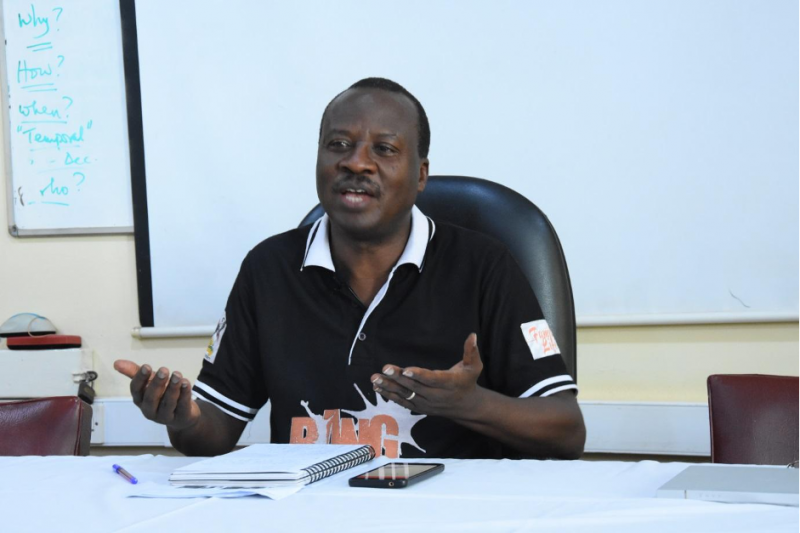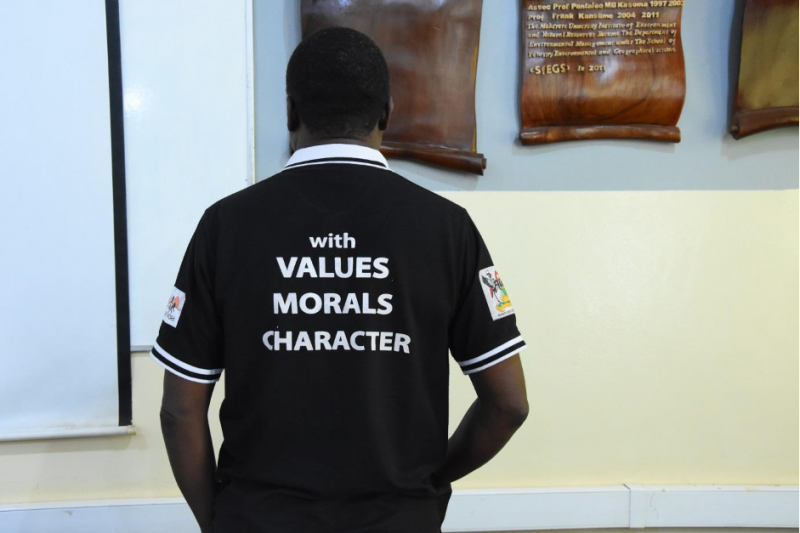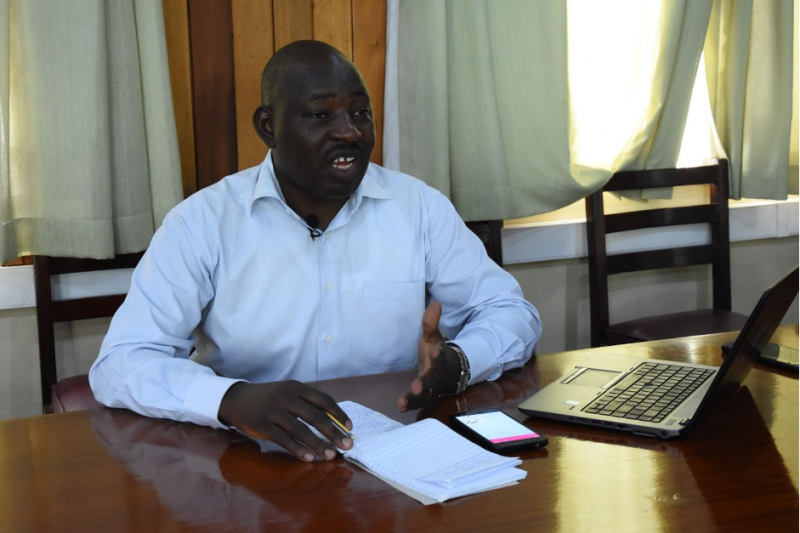
Dr. Brenda Boonabaana, one of the innovators
Dr. Brenda Boonabaana, a lecturer in the Department of Forestry, Biodiversity and Tourism at Makerere University, says the young generation’s morals often degenerate because society is complex and parents hardly have time to support their children in several aspects of life.
She adds that it gets worse when they become adults in a free world. The moral degeneration manifests and it takes a lot to get them back in check. It is against this background that the team behind ‘Becoming A New Generation (BANG) Club’ project made a decision to do something about the problem.
“It is because of what is happening in the country—moral decadence amongst the youth and adults—that we came in to contribute to solving the problem. We feel that moral values have been ignored and are going down,” she says.
She adds that the project, which started in 2019, is aimed at nurturing a new generation for national transformation by rebuilding the moral infrastructure of the youth in Uganda. The project included research using both qualitative and quantitative approaches to gather views of target beneficiaries on morality.
“We reached out to lecturers and students for their views, held focus group discussions, conducted in-depth interviews, and conducted a case study at Makerere University,” she explains, adding that the results showed that students are aware of the problem.
Dr. Boonabaana, a co-principle investigator for the project, notes that 49 percent of the respondents indicated that moral degeneration starts in the first year, with students picking up destructive behaviour, including drinking, watching pornography, betting, prostitution, and carrying out abortions. Of the 1,000 students that participated in the research, 90 percent admitted that they had engaged in sexual activities.
Why they indulge in such behaviour
Dr. Boonabaana says some morally upright students are ridiculed by fellow students, and due to lack of encouragement, they end up giving in to the pressure to fit in the group.
Mr. Stepen Langa, the Executive Director, Family Life Network, Uganda, and BANG coordinator, says youth have little guidance and support. The media also plays a significant role in influencing the behaviour of the youth—they imitate what they see and read in the media and end up with behaviour that is contrary to ethics and integrity.
BANG coordinator, Mr. Stephen Langa
How the project was conducted
Mr. Langa says that based on the research findings, the team devised suitable means to communicate with their target group. These include:
● Sensitisation talks
● Bang Clubs where the members meet weekly to discuss issues affecting the youth
● Providing counselling services for the students
● Weekly jogging to occupy and rejuvenate the students
● Mentorship programmes
● Using vibrant WhatsApp groups for communication

Outcome and challenges
Dr. Amos Ochieng, also a lecturer in the Department of Forestry, Biodiversity and Tourism at Makerere University and a member of the project team, says the project reached 500 students through the Bang Club. A report of the results from the youth interactions will help guide the students.
He said the project’s main challenge was the sensitivity of the subject, which made it difficult for students to open up, so it was important to create rapport with them.
“COVID-19 also became a challenge, especially during data collection, interviews, and working online,” says Dr. Ochieng.
Mr. Stephen Langa shows the Bang Club t-shirt and the values that the club promotes
Recommendations
The project team recommends the following, based on the findings:
● The government needs to work with different agencies to integrate morals into society, including the education system.
● The Uganda Communications Commission needs to regulate the media and institute strong laws and penalties to keep the media in check concerning morals.
● The government ought to continue funding research in education institutions, which in turn should have mechanisms of reporting abuse.
● The Makerere University management should develop a work plan to deliver guidance and counselling to the students community.
● Makerere University should implement its policy on sexual harassment
● Part-time employment of students within the university should be encouraged.
 Dr. Amos Ochieng, a member of the project
Dr. Amos Ochieng, a member of the project




